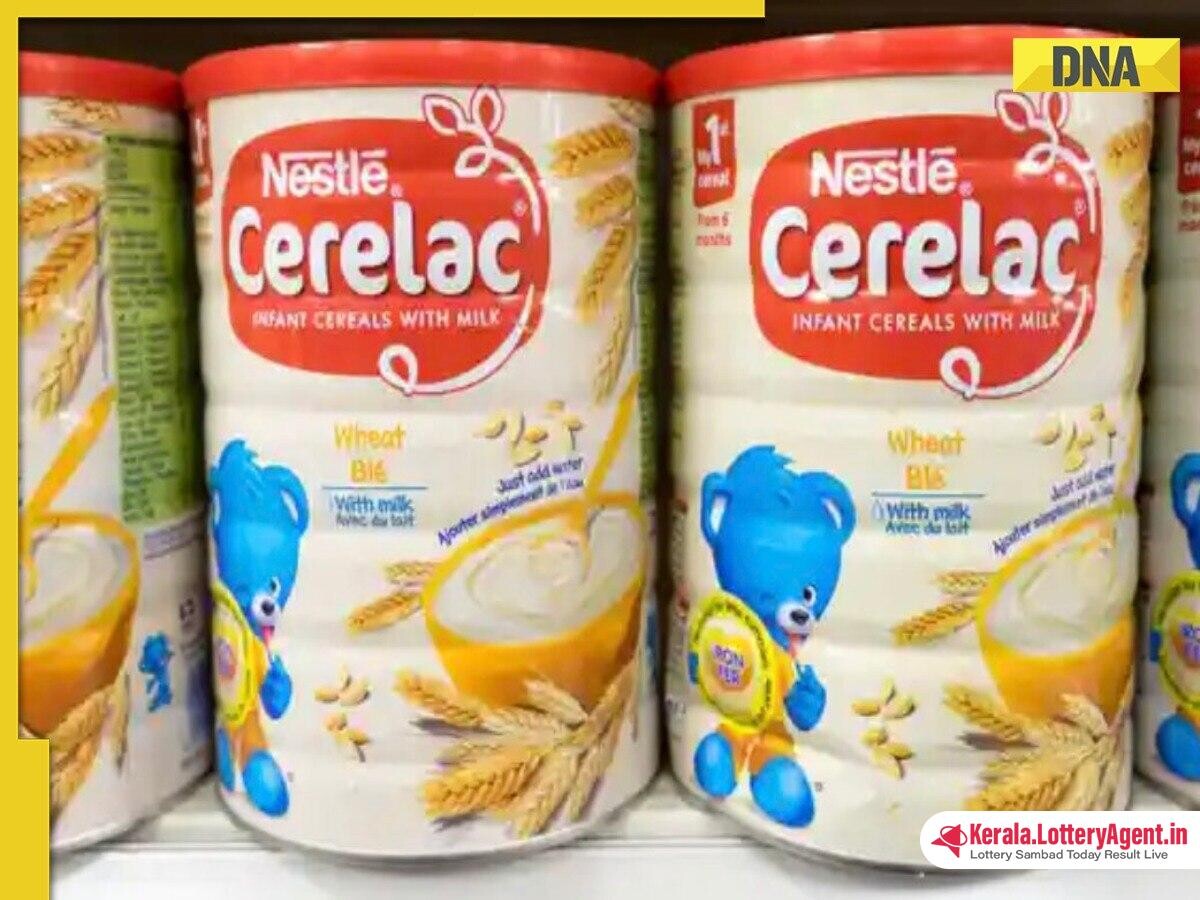
The revered trust that parents in India place in established brands like Cerelac is beginning to waver as recent findings cast doubt over the recommended dietary practices for infants. Reputable baby food brands, particularly Nestle’s top-selling products in India, are under scrutiny due to their high added sugar content — a striking contrast to their counterparts in more developed nations such as the UK, Germany, and Switzerland, which offer sugar-free alternatives. A Public Eye investigation has brought these discrepancies to light and with it, concerns over global health standards and industry practices.
Nestle reigns as the largest consumer goods company worldwide, but the investigation accuses it of sidestepping international guidelines designed to avert obesity and chronic diseases. The inclusion of sugar and honey in infant milk and cereal products seems to hold true predominantly for markets in Latin America, Asia, and Africa. No such infringements were found in products intended for European countries, where sugar additions are notably absent.
A startling revelation was that all of the 15 Cerelac baby food products distributed in India contain almost 3 grams of sugar per serving, on average. In contrast, products sold in Germany and the UK brand themselves as sugar-free. Furthermore, research found that Cerelac sold in Ethiopia and Thailand harbored nearly 6 grams of sugar per serving. This disparity raises questions on why there should be such a fundamental difference in the sugar content of similar products across diverse markets.
The investigation uncovered another point of concern: the nutritional information on these product packages often lacks specific details about the level of added sugar. While Nestle’s favored advertising strategies emphasize the inclusion of vitamins, minerals, and other beneficial nutrients in their baby foods, transparency regarding sugar content is found wanting.
In the year 2022, Nestle’s Cerelac line of products alone generated a staggering revenue of over Rs 20,000 crore in India. This financial success underscores the brand’s vast influence on the diet and health of countless Indian children.
Health experts warn that the addition of sugar to baby products is not a trivial matter. Early exposure to sweetened foods can cultivate a lasting preference for sweet tastes, potentially escalating the likelihood of obesity and chronic diseases later in life. Consequently, these findings may challenge both the regulatory landscape and consumer attitudes towards infant nutrition.
In response to these unsettling claims, a Nestle India spokesperson has stated that the company adheres to all local regulations and meets international standards. The defence includes an assertion that Nestle India has consciously worked to reduce added sugars in their infant cereal products by up to 30% over the past five years, a move reflective of an understanding of the nutritional implications associated with their products.
While it is comforting to learn that Nestle India has taken steps to mitigate the sugar content in its products, the discovery made by the Public Eye report draws attention to the inconsistencies within the food industry and the need for uniform health standards worldwide. If the health and wellbeing of future generations are truly a priority, the findings warrant immediate action—from revamping labeling practices for clarity to re-evaluating the nutritional content of infant foods within regions where sugar reduction has not been a practice thus far.
The report also prompts a larger conversation about the societal implications of multinational companies adapting their product formulations to align with local regulations, which may vary significantly in stringency. The prospect of differential health outcomes based on geographical location is a profound one, underscoring the imperative for oversight in an industry that forms the foundation of human health and development.












